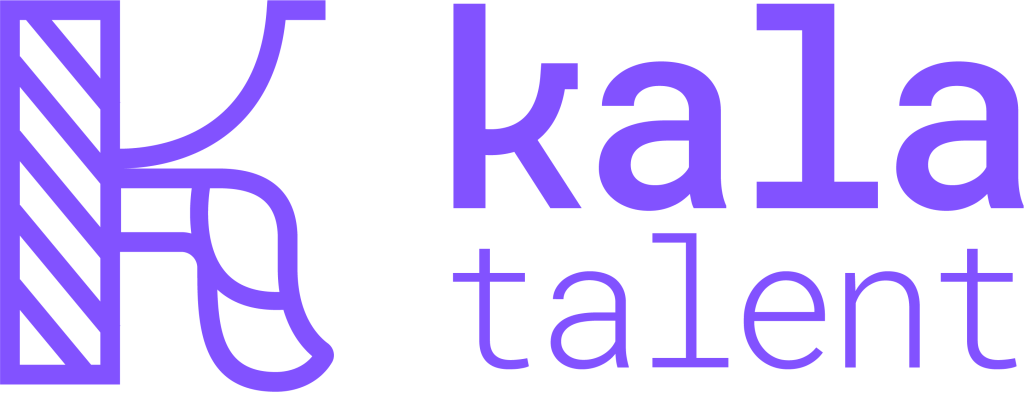We’re surrounded by technology, and that includes how we find jobs and hire people. Artificial intelligence (AI) is one of those fancy technologies, and it’s changing how companies and candidates choose each other. But, just like any cool and new tool, AI in hiring has its ups and downs. It can make things faster and better, but it also brings some challenges and headaches. From making hiring smoother and finding more talented folks to dealing with concerns about fairness, privacy and depersonalization.
AI is shaking up how we hire people. So, let’s take a closer look at how AI is transforming the way we find and hire talent, both the good and the not-so-good stuff. Lets deep into the pros:
⏰ Accelerating Time-to-Hire
Time matters in recruitment, and AI is here to speed up your hiring process. By using automated scheduling, chatbots for first candidate interactions, and predictive analytics to predict hiring needs, AI simplifies every step of the hiring process. This ensures that job openings are filled quickly with the most suitable candidates.
📈 Driving Cost Savings
Hiring top talent shouldn’t cost a fortune. AI-powered recruitment processes optimize resource use, cutting down on manual tasks and reducing the reliance on external recruiting agencies. The outcome? Substantial cost savings without sacrificing the quality.
🔍 Better candidate experience
AI simplifies the recruitment process, offering candidates personalized interactions and timely updates. With chatbots and customized messages, candidates get immediate assistance and clear communication, resulting in a positive recruitment experience and strengthening the employer brand.
🚀 Expanded Talent Pool Reach
AI-driven recruitment platforms allow organizations to reach a broader range of talent when sourcing. Using machine learning algorithms, companies can discover and connect with candidates who might not have typically applied but have the skills and potential to succeed. This widens the talent pool, promotes diversity, and injects fresh perspectives into the organization.
💪 Increased Efficiency
AI transforms recruitment by automating tedious and time-consuming tasks, like data entry and database management. Using machine learning algorithms, repetitive processes are simplified, freeing up recruiters to concentrate on valuable tasks such as candidate interaction and strategic decision-making. This not only speeds up hiring but also enhances productivity, enabling teams to accomplish more with less effort.
What would the bad cup say about the cons?👮♀️
🤖 Algorithmic Bias
Although AI holds the promise of eradicating bias in recruitment, it isn’t immune to biases embedded in its algorithms. Without vigilant monitoring and adjustment, AI systems can unintentionally reinforce existing biases, resulting in discriminatory hiring practices and a lack of diversity in the workforce.
🔍 Privacy and Data Security
AI-driven recruitment heavily depends on data analytics and profiling. However, this raises substantial concerns regarding data privacy and security. Mishandling candidate data or unauthorized access to sensitive information can damage your organization’s reputation and lead to legal consequences.
⚙️ Over-Reliance on Technology
In the pursuit of efficiency, there’s a danger of becoming overly dependent on AI technology. Depending entirely on algorithms to make hiring decisions might neglect the human aspect, including intuition and empathy, which can result in mismatches between candidates and company culture or job requirements.
💼 Cost of Implementation and Maintenance
Incorporating AI into recruitment processes demands a significant investment in technology infrastructure, training, and continuous maintenance. For smaller organizations or those with limited resources, the expenses associated with implementation might surpass the perceived benefits, rendering it a daunting undertaking.
🧠 Depersonalization
Employing AI in recruitment processes could potentially depersonalize the candidate experience. Automated interactions and standardized assessments might make candidates feel like mere data points, rather than individuals, which could deter top talent and negatively.
When it comes to using AI in hiring, there’s no one-size-fits-all approach for job seekers and companies. It’s about finding the right balance, using the good parts while being careful of the bad ones. Technology, like AI, is everywhere, and how we use it affects our lives and businesses. For job seekers, this means being aware of automated processes that might make things less personal. Companies need to think about the costs and benefits of using AI compared to what they need. By using AI carefully and knowing its limits, both job seekers and companies can make hiring better. It’s a journey of learning and making things better, where technology helps to make things easier and find the right people for the right jobs. In the end, it’s important for everyone to use AI responsibly and fairly, so hiring works well for both job seekers and companies as things change over time.



